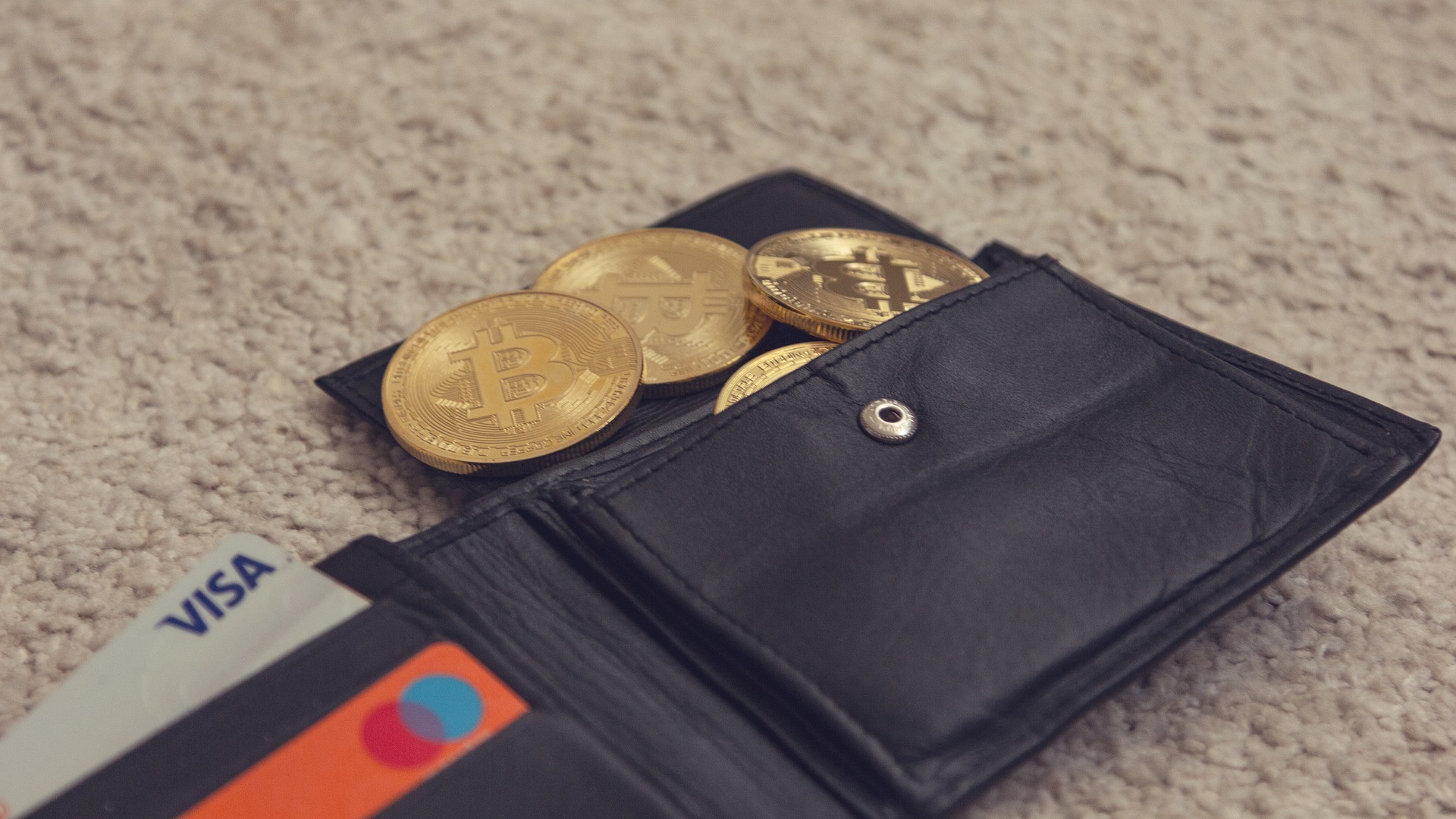The proliferation of bitcoin ATMs and exchanges that supply them means that more everyday citizens have been obtaining bitcoin for themselves.

The curbside pickup of favorite grocery store goods for your own convenience is becoming a common precedent. Sure, there are many mainstream applications of this tech, but there’s a flywheel going in that could result in even more widespread adoption of bitcoin.
Plus, few would argue that, when used in conjunction with bank deposits and secured by an internet connection, digital assets not only shed some light on monetary mysteries, but can also act as a hedge against inflation—something that all of us who read Mind Meld should fully understand.
But there is one question that inevitably comes up when encountering someone with a bitcoin wallet in their pocket, or keychain in their hand: “Where do I buy?” The convenience of getting bitcoin in one go is clear to its users. The question of where to store bitcoin looms large, however, researchers have found an answer with the concept of the bitcoin wallet (read more about them here). Of late, there has been a surge in retailers that have become bitcoin-enabled including the grocery chain Whole Foods and online fashion retailer Ben Bernanke. However, there are still large unknowns around how the aforementioned merchants intend to integrate the new technology into their business strategy, how customers want to specifically transact, and just what regulatory issues may arise. Bitcoin merchants that have already started accepting the currency face similar issues to those that have accelerated adoption of other unbanked, or underbanked, consumer groups.
Issues arise in terms of the manner in which a merchant chooses to onboard a customer using bitcoin, as well as the process of receiving and storing the cryptocurrency for the customer. This has led to the development of blockchain companies that provide escrow services for bitcoin purchases, some of which have had success integrating with existing point-of-sale systems to allow owners of businesses to act as middlemen for the merchant to receive and store the cryptocurrency on behalf of the customer. Regulators like Finra, Aspen Institute, and the U.S. Securities and Exchange Commission has taken a hands-off approach to overseeing bitcoin and digital asset businesses, finding that it is best left to Finra and other regulators to handle questions around consumer protections related to digital assets.
Assumedly, some of these types of regulatory issues could pop up in the future, however, the industry has been operating under regulatory forbearance since 2014, when Finra and other regulators first started examining how the industry fit into their purview. This time around, it will be important for regulators to demonstrate amicable treatment of businesses that provide services to bitcoin and digital assets businesses. Regulators like Finra, Aspen Institute, and the U.S. Securities and Exchange Commission has taken a hands-off approach to overseeing bitcoin and digital asset businesses, finding that it is best left to Finra and other regulators to handle questions around consumer protections related to digital assets.
On the consumer side, adverse press surrounding the use of bitcoin by drug dealers and those accused of using the currency for illicit activity has created demand for communication around regulation and digital currencies in general. These new ‘grey markets’ or alternative currencies have proliferated in recent years, often unregulated and with much less consumer protections than bitcoin and its peers. These markets include ‘dark markets,’ altcoin trading, and crypto marketplaces that skirt civil asset requirements to operate.







